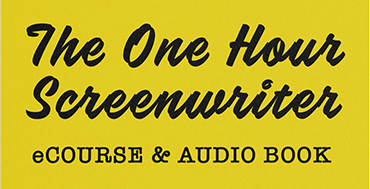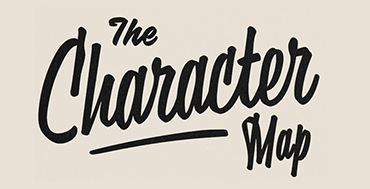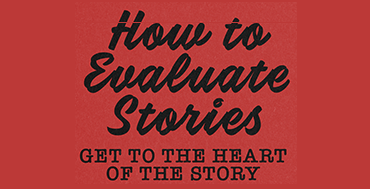The Coen Brothers on Screenwriting


Openness to bad notes that generate good ideas is the key takeaway here. I always tell writers– Don’t listen to the specific note. The specific note is an attempt to be helpful. Listen to what the note-giver thinks would be accomplished by doing what is suggested. Listen for what is missing emotionally that generated the specific note. If you address the underlying deficiency– how you do it, specifically, usually isn’t that important. There is something problematic underlying the note– however inane or off-the-mark the specific suggestion might be.
THR: What’s your daily work routine?JC: We have a daily work routine in the sense that we come into the office, but I would call it a daily routine as opposed to a daily work routine. We don’t necessarily do any work when we get here.THR: How do you deal with notes?The King’s Speech writer David Seidler told me a producer’s dumb idea to have a character in prison have sex with a nurse made him come up with a different, good sex idea that fit the script’s characters.JC: I don’t think that’s a dumb idea, by the way.EC: In the silent films, they had a story conference where they actually brought in a guy called the “Wildie,” which was a lunatic, not a figurative lunatic but a guy —JC: Someone from the insane asylum who’d sit at the story table.EC: He’d interrupt with just insane eruptions that had nothing to do with anything, and the writers would go, “Oh, yes, right. We could, y’know…”THR: Where was this?EC: This was at the Max Roach Studio.JC: No, Hal Roach. Max Roach didn’t need a Wildie.EC: You can sometimes treat studio notes that way too. Although sometimes you get studio notes where you go, “OK.” Sometimes – well, a good idea is a good idea. You don’t want to be snobby about where you take them from.JC: Even if it comes from the studio.EC: Even if they’re bad ideas, that doesn’t mean they’re not useful. That’s very true.Read the full article here: http://www.hollywoodreporter.com/blogs/race/joel-ethan-coen-spill-screenwriting-96473



Create a visual map for a character’s emotional journey. Pull stories from character rather from rote story structure beats. Some of the largest international media companies, use this in story and character development.


A clear concise guide for writers and producers to have by their side as they embark on a project. It gives a really vital reminder of what is key for story success.

No comment yet, add your voice below!